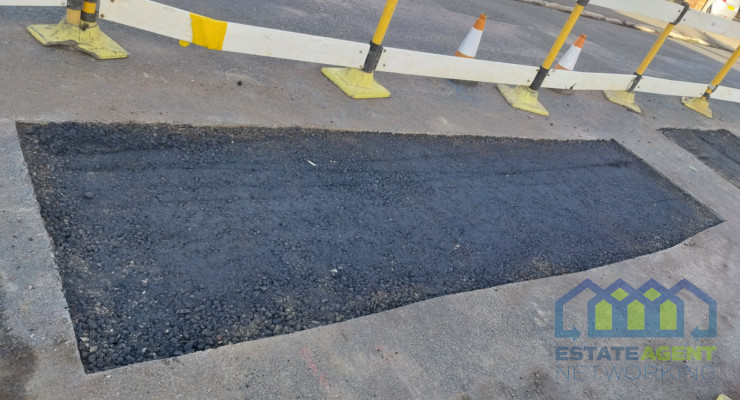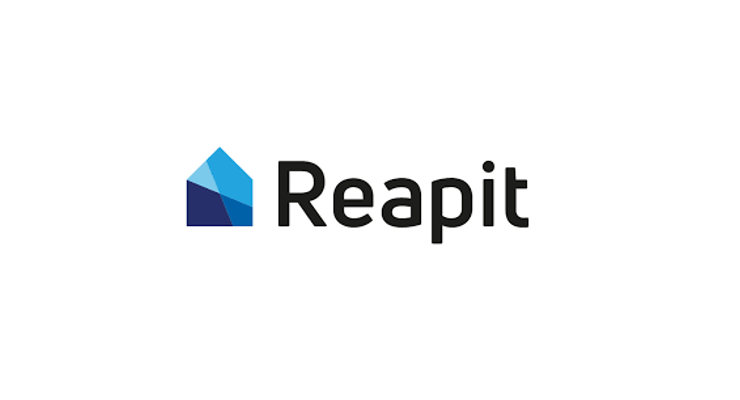Property repossessions could soar & house prices plummet due to pandemic induced recession
Research by leading peer to peer lending platform Sourced Capital has found that the UK property market could see a double-digit rate of property value decline, with the market taking over five years to recover, while the number of property repossessions could also soar as a result of a COVID-19 induced recession.
Currently, the market has ground to a halt as both buyers and sellers remain unable to transact due to government-imposed restrictions and while it is unclear as to how this will hit the housing market, there are wider fears that a recession is on the horizon.
Sourced Capital analysed market data from previous recessions to look at the potential decline caused to the UK property market due to the economic impact of the current COVID-19 pandemic, should COVID-19 bring about another recession.
Early 1980s Recession
Duration: 1.25 years
Property Price Change: +8.6%
Repossession Change: +440%
Brought on due to deflationary government policies including spending cuts, the pursuance of monetarism to reduce inflation and a switch from a manufacturing economy to a service-based economy, the recession of the early 1980s saw GDP fall over five consecutive quarters.
However, the property market remained resolute where house prices were concerned at least, with an increase of 8.6%
But while prices continued to climb, the number of homes being repossessed across the UK spiked by a huge 440% between Q1 of 1980 and Q1 of 1981.
Early 1990s Recession
Duration: 1.25 years
Property Price Change: -1.4%
Repossession Change: +616%
The recession seen in the early 1990s was largely a result of the US savings and loan crisis, which brought about high rates of interest from the banks due to the Lawson Boom and attempts to maintain British membership of the European Exchange Rate Mechanism.
Again lasting five quarters, property prices fell marginally by -1.4% however, the number of homes being repossessed soared by +616%, those highest increase during any recession. When the recession ended in quarter three of 1991, it took five and a quarter years for house prices to recover and exceed the pre-peak highs of £58,773.
Great Recession of 2008-2009
Duration: 1.25 years
Property Price Change: -13.8%
Repossession Change: +445%
The global financial crisis seen in the late 2000s as a result of rising global commodity prices and the subprime mortgage crisis infiltrating the British banking sector is the most recent recession to date with arguably the biggest impact on the UK housing market.
Again lasting five quarters, this economic downfall saw prices drop by 13.8% on average, while the number of homes being repossessed again climbed by 445%. As with the recession that preceded it, it took five years for prices to recover to £185,362 in Q2 of 2014, marginally higher than the pre-crash peak of £183,082 in Q2 of 2008.
Average UK house price and repossessions during recessions
|
Early 1980s recession (duration 1.25 years / 5 Quarters)
|
||||||
|
Recession period
|
Average house price
|
AveHP change %
|
AveHP point to point change
|
Average repossessions
|
Cumulative repossessions
|
Repossessions point to point change %
|
|
1980 Q1
|
£19,273
|
–
|
8.6%
|
870
|
870
|
440%
|
|
1980 Q2
|
£20,044
|
4.0%
|
870
|
1,740
|
||
|
1980 Q3
|
£20,857
|
4.1%
|
870
|
2,610
|
||
|
1980 Q4
|
£20,897
|
0.2%
|
870
|
3,480
|
||
|
1981 Q1
|
£20,938
|
0.2%
|
1218
|
4,698
|
||
|
Recovery Period
|
N/A
|
|||||
|
Early 1990s recession (duration 1.25 years / 5 Quarters)
|
||||||
|
Recession period
|
Average house price
|
AveHP change %
|
AveHP point to point change
|
Average repossessions
|
Cumulative repossessions
|
Repossessions point to point change %
|
|
1990 Q3
|
£58,773
|
–
|
-1.4%
|
10,975
|
10,975
|
616%
|
|
1990 Q4
|
£57,901
|
-1.5%
|
10,975
|
21,950
|
||
|
1991 Q1
|
£57,086
|
-1.4%
|
18,875
|
40,825
|
||
|
1991 Q2
|
£56,853
|
-0.4%
|
18,875
|
59,700
|
||
|
1991 Q3
|
£57,959
|
1.9%
|
18,875
|
78,575
|
||
|
Recovery Period (Q3, 1996)
|
£58,854
|
5 Years
|
||||
|
Great recession of 2008-09 (duration 1.25 years / 5 Quarters)
|
||||||
|
Recession period
|
Average house price
|
AveHP change %
|
AveHP point to point change
|
Average repossessions
|
Cumulative repossessions
|
Repossessions point to point change %
|
|
2008 Q2
|
£183,082
|
–
|
-13.8%
|
10,000
|
10,000
|
445%
|
|
2008 Q3
|
£175,866
|
-3.9%
|
10,000
|
20,000
|
||
|
2008 Q4
|
£164,193
|
-6.6%
|
10,000
|
30,000
|
||
|
2009 Q1
|
£155,701
|
-5.2%
|
12,225
|
42,225
|
||
|
2009 Q2
|
£157,806
|
1.4%
|
12,225
|
54,450
|
||
|
Recovery Period (Q2, 2014)
|
£185,362
|
5 Years
|
||||
|
Sources
|
|
|
Repossessions statistics
|
|
|
Average house price
|
|









